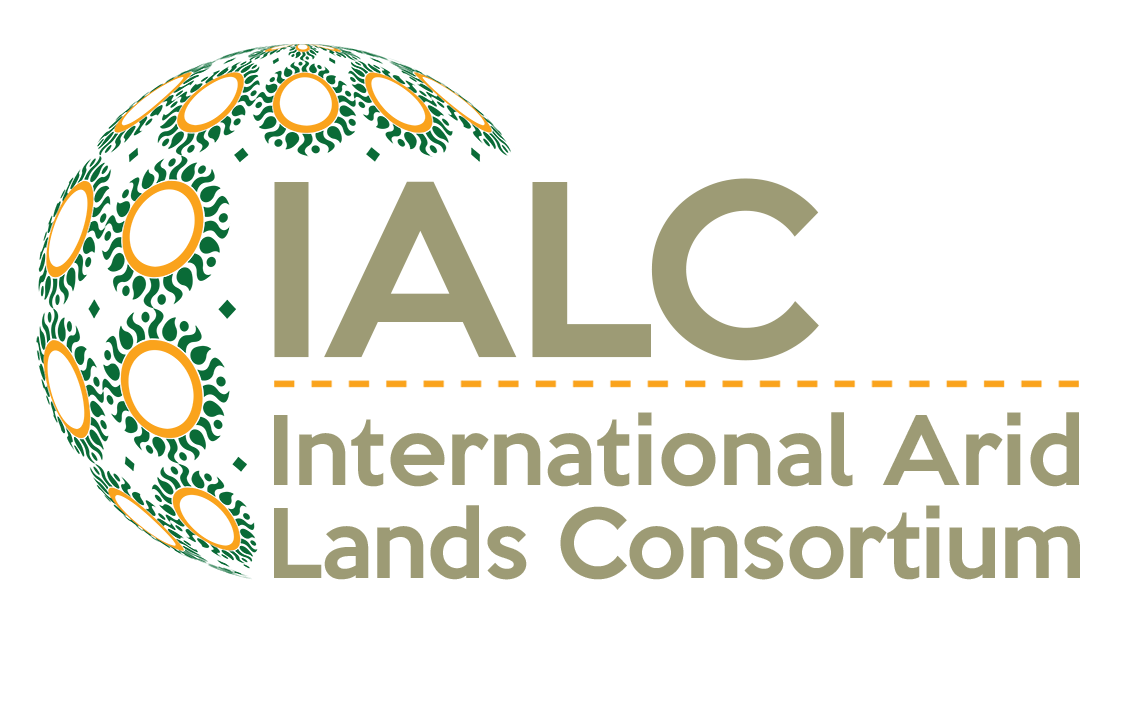IALC and DRFN collaborate on adaptation fund technical assistance project
Building on a 2013 Memorandum of Agreement between the Desert Research Foundation of Namibia (DRFN) and the International Arid Lands Consortium (IALC), a collaborative proposal was submitted to the Adaptation Fund (AF) in August of 2016 in response to the Fund’s “Call for Technical Assistance Grants for NIEs to Build Capacity to Mitigate Environmental, Social and Gender-related Risks.” In January 2017, the grant was awarded to DRFN, the AF National Implementing Entity (NIE) for Namibia, and IALC consultants, Dr. Barbara Hutchinson and Kristin Wisneski-Blum, initiated project activities soon after. This involved employing user-experience research methods to develop a manual including the following components:
- Guidelines for screening projects for environmental, social, and gender (ESG) risks
- Guidelines for ESG risk assessment and management plans
- Checklist for public disclosure and gender-responsive consultation
- Guidelines for ESG-responsive grievance mechanisms
Overall, the purpose of the grant was to strengthen capacity to implement the Fund’s ESG policies. The aim was also to allow potential executing entities (EE) and partners as well as the National Designated Authority (NDA), Ministry of Environment and Tourism, to discuss strategies for improving the competitiveness of two current proposals in development. To this end, virtual interviews were held with entity staff members and extensive research conducted on AF ESG-related policies and procedures as well as international and national laws and regulations. The results of these efforts are included in a final manual provided to DRFN as well as in the workshop training presentations. The primary context for integrating ESG into project design and implementation is the Implementing Entities’ (IE) Environmental and Social Management System (ESMS) composed of the steps outlined below. Each step was described in detail in the prepared manual and referenced as to inclusion in project formulation, proposal development, and project implementation. They are:
- Environmental, social, and gender risks identification through screening process
- Environmental, social, and gender assessment (ESIA)
- Environmental and social management plans (ESMP)
- Environmental, social, and gender management monitoring, reporting, and evaluation
- Public disclosure and consultation (stakeholder engagement)
- Grievance mechanism
The culmination of this technical assistance was a four-day in-country workshop for entity staff members on AF ESG policies and procedures, held from May 29 – June 1, 2017. Pictured below are the participants from the final day of the workshop.

